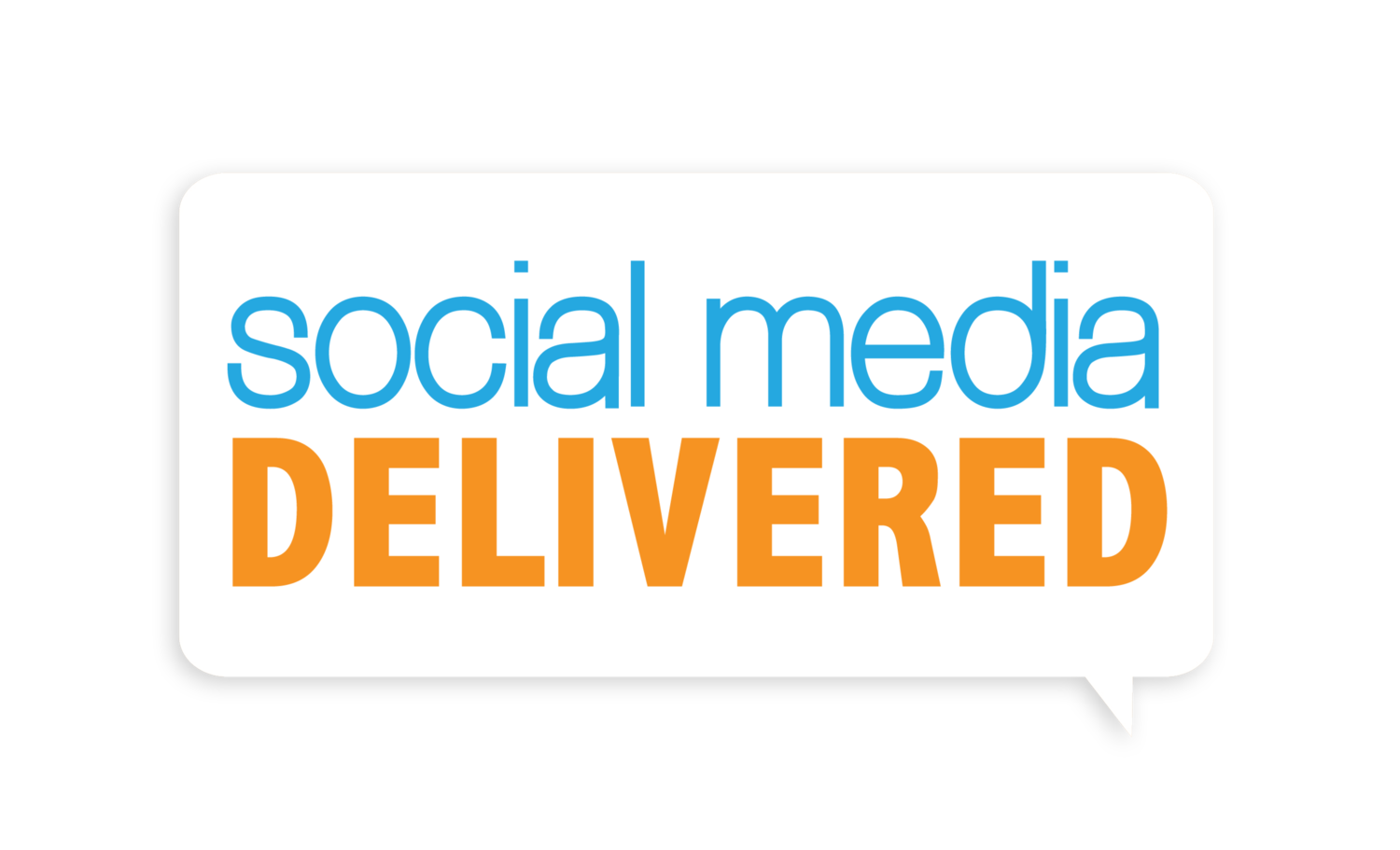The doctor is online
By Teresa Rodriguez I’ll admit it. Doctors’ and dentists’ offices/waiting rooms are terrifying for me. The smell, the always-too-cold temperature, the building anxiety of being poked and prodded is just not my cup of tea. And let’s face it—most people will avoid a dentist’s office like the plague. But many healthcare companies and practitioners are beginning to cater to the big babies like me through various online and social media platforms.
Web-based applications and social media sites are revolutionizing the healthcare profession. Online tools make it easier for consumers and patients to find doctors they’re comfortable with, locate support groups, make appointments, file paperwork, keep immunization records, and my personal favorite: spend less time in the waiting room.
Social media platforms like Facebook and twitter provide brand awareness and audience penetration. Healthcare giant Johnson & Johnson utilizes their corporate blog in order to get feedback and have an open communication with their customers and potential consumers.
A great example of social media use for a particular product is with Gardisil, an HPV-prevention vaccine. Gardisil has a social media component on their website for young women and their mothers. The social aspect of the site allows users to interact with each other and ask questions and receive answers by medical professionals in real-time.
Many doctors utilize their own social media platform to connect with one another. Sermo.com is a social networking site for healthcare professionals. Doctors can share research, information, and collaborate on difficult cases.
Some hospitals and healthcare professionals use twitter to discuss the options of their online presence with one another using TweetChat. One example is the Sunday night chat focusing on healthcare social media under the hashtag “#hcsm.”
All-in-all, social media and web-based applications are improving awareness and seeking to develop a comfortable relationship with healthcare consumers.
